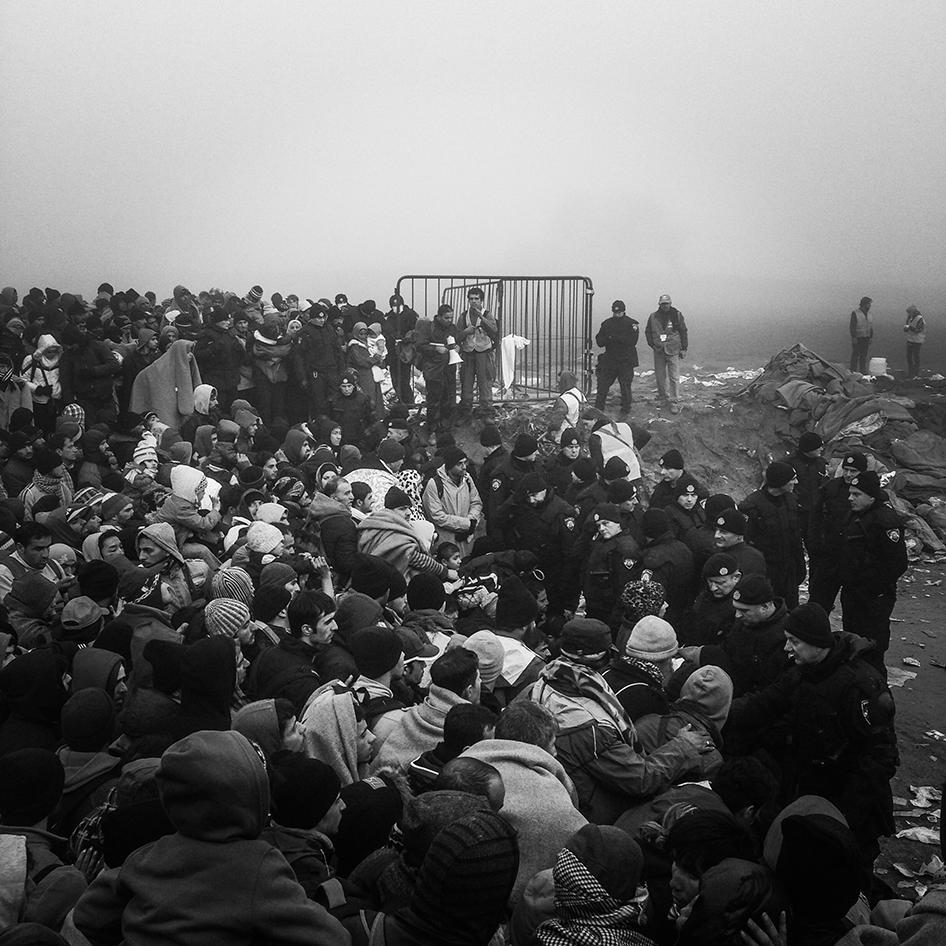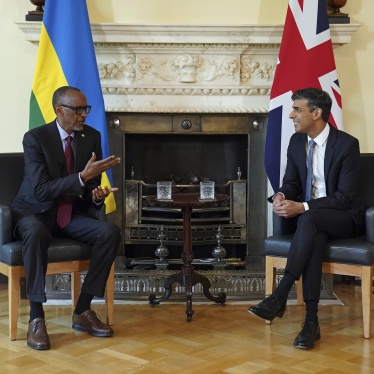(Beirut) – Hundreds of thousands of asylum seekers and migrants faced substantial difficulties during 2015, as they followed a key transit route in the Western Balkans, Human Rights Watch said today in its World Report 2016.
Problems along the route in Croatia, Serbia, Slovenia, and Macedonia that asylum seekers and migrants faced included slow registration procedures and inadequate reception conditions exacerbated by cascading border closures. Governments in the Western Balkans should focus on improving human rights protections, including for asylum seekers, Human Rights Watch said.
Human Rights Watch documented human rights concerns in Bosnia and Herzegovina, Serbia, and Kosovo during 2015 for the World Report 2016. Concerns in Croatia and the impact of the European refugee crisis along the Western Balkans route are included in a chapter on the European Union.
Other human rights issues in the Western Balkans include the limited prosecutions in national courts for war crimes during the breakup of Yugoslavia, a hostile climate for media, persistent discrimination against Roma, and harassment and intimidation of LGBT people and groups.
There was limited progress in war crimes accountability in national courts in Bosnia and Herzegovina, Serbia, and Kosovo. War crimes prosecutors in Bosnia and Herzegovina and Serbia are underfunded and lack sufficient capacity to deal with cases. While Kosovo’s parliament finally passed a law establishing a special court to try serious crimes during and after the 1999 war, the court is not yet operational because of delays in concluding a host agreement with the Netherlands.
Twenty years after the Dayton peace agreement in Bosnia and Herzegovina, the country remains divided and beset by political sclerosis. No progress was made in implementing two European Court of Human Rights judgments, from 2009 and 2013, requiring Bosnia and Herzegovina to amend its discriminatory constitution, which denies members of minority groups the ability to run for high political office.
Discrimination against Roma in access to health care and education persisted in Bosnia and Herzegovina, Serbia, and Kosovo, and Roma remained vulnerable to forced and arbitrary evictions. Progress in implementing strategies in Kosovo to integrate Roma, Ashkali, and Egyptian minority groups and assist people forced to return there from Western Europe was limited. LGBT groups continued to face harassment and intimidation in Bosnia and Herzegovina, Serbia, and Kosovo.









